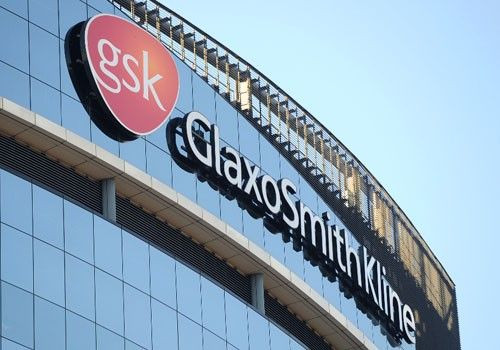Supreme Court to Consider Overtime Pay for Drug Reps

The U.S. Supreme Court on Monday decided to take a case that will determine whether pharmaceutical sales representatives are covered under over-time pay laws.
The case was brought by two GlaxoSmithKline employees on behalf of a nationwide class of sales reps who push physicians to prescribe the pharmaceutical giant's products to their patients. They argue that the Fair Labor Standards Act guarantees overtime pay to pharmaceutical sales reps.
The Department of Labor backed the sales reps, arguing that they never actually sell anything to physicians and are thus outside the FLSA's overtime pay exemption.
Neither physicians nor patients can purchase or order pharmaceuticals from a drug company sales representative, the lead class action plaintiffs wrote in their Supreme Court petition. There is no direct link between a [pharmaceutical sales representative's] promotional efforts directed to a physician and the actual purchase of a pharmaceutical product.
Pharmaceutical sales reps have been fighting for overtime pay in courts, filing dozens of lawsuits.
Getting overtime pay would be a boon for the tens of thousands of pharmaceutical sales reps. The Pharmaceutical Research and Manufacturers of America, the industry trade group, warned that reclassifying the approximately 90,000 pharmaceutical sales reps across the nation as hourly employees entitled to overtime pay could cost drug companies billions of dollars.
One suit involving 2,500 pharmaceutical sales reps pegged damages as high as $100 million, PhRMA wrote in its Supreme Court brief.
The potential amount of retroactive liability from these cases is staggering, PhRMA wrote in its brief. The industry as a whole faces potential liability in the billions of dollars.
Two appeals courts have split on whether sales reps fall under the FLSA's outside-sales employee exemption.
The Second Circuit Court of Appeals, based in New York, said in a case involving Swiss drug maker Novartis that the overtime pay regulations make a distinction between sales and promotional work. The Ninth Circuit in California, however, decided in the GlaxoSmithKline case that the court should not defer to the Department of Labor's narrow definition of the outside-sales employee exemption.
Though GlaxoSmithKline came out on top in the Ninth Circuit decision, the drug giant still pushed for a review at the Supreme Court.
[GlaxoSmithKline] and the pharmaceutical industry more broadly need a clear and uniform answer to the questions presented, the company said in its Supreme Court petition.
© Copyright IBTimes 2024. All rights reserved.





















